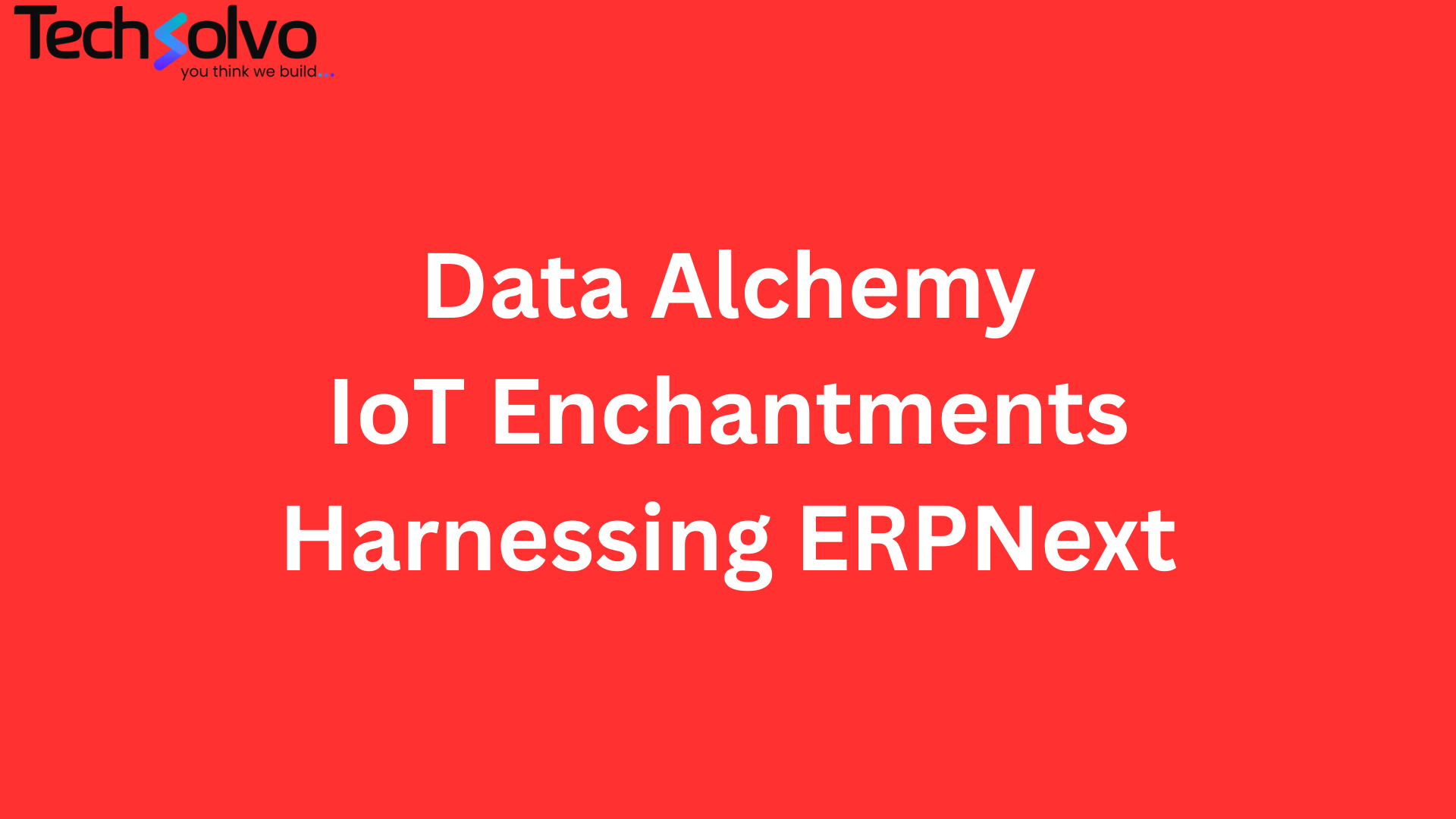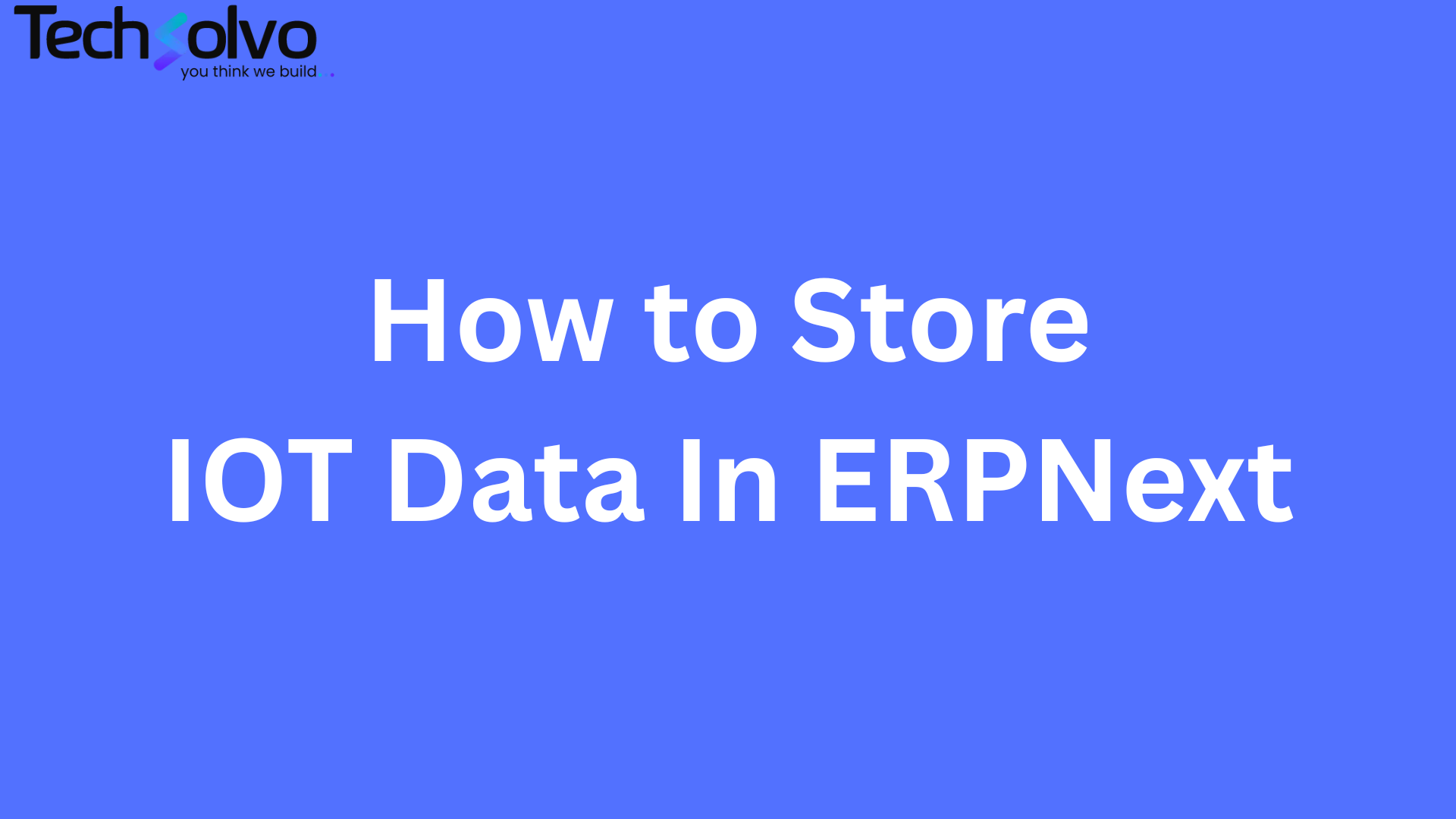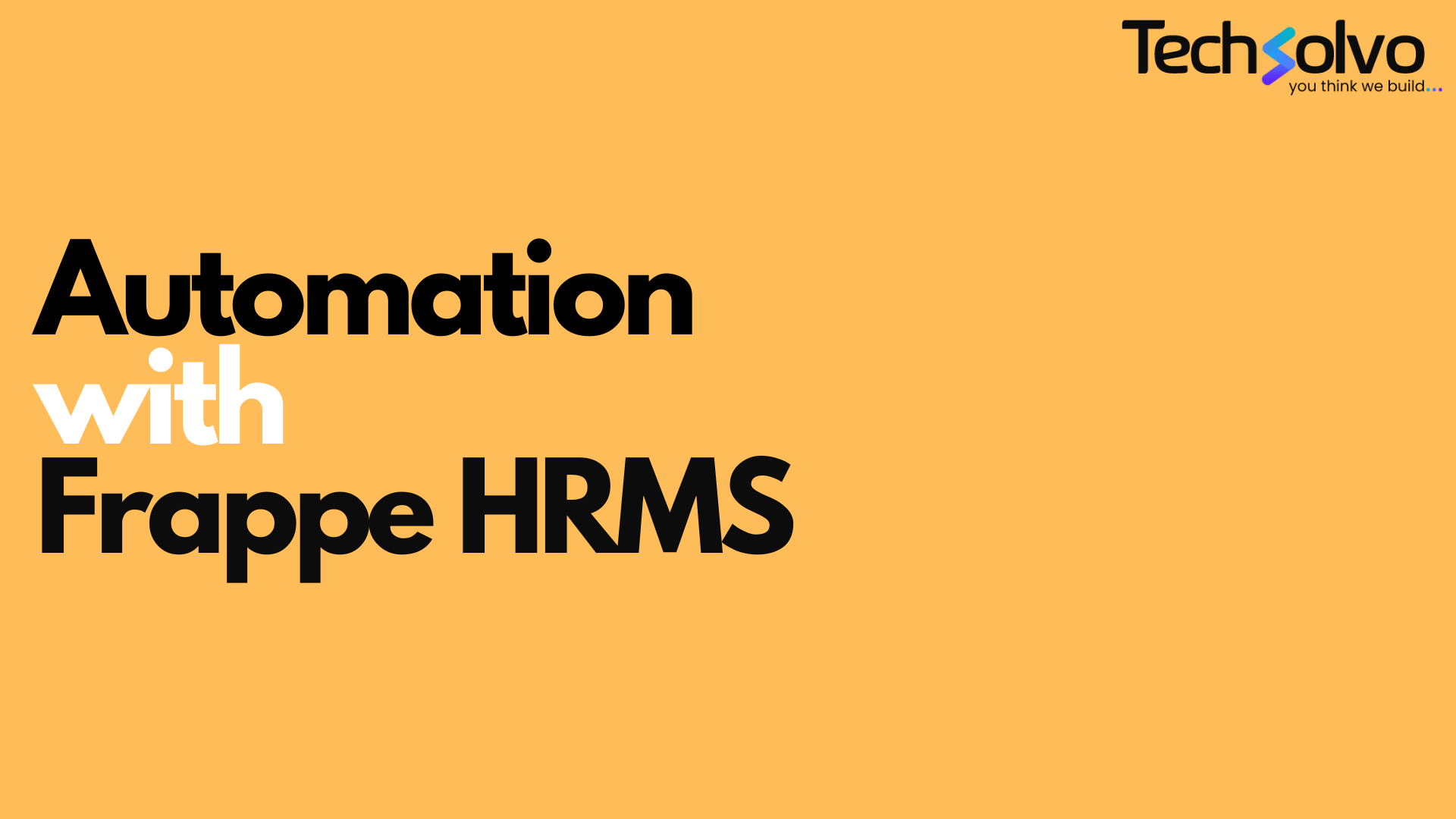Techsolvo's Enterprise NLP Services: Unleashing Intelligent NLP Solutions for Business Excellence
-
Comprehensive Text and Speech Analysis: Explore the depths of data with Techsolvo's NLP services, offering advanced text and speech analysis to extract valuable insights and patterns from unstructured content.
-
Sentiment Analysis for Informed Decision-Making: Elevate your decision-making process with Techsolvo's sentiment analysis expertise, providing a real-time understanding of customer sentiments and market trends.
-
Precision Language Translation for Global Communication: Overcome language barriers effortlessly with Techsolvo's language translation services, ensuring accurate and context-aware translations for seamless global communication.
-
Context-Aware Solutions for Business Intelligence: Techsolvo's NLP solutions go beyond language processing, providing context-aware insights for enhanced business intelligence, allowing you to make data-driven decisions with confidence.
-
Tailored NLP Strategies for Enterprise Success: Harness the power of language with Techsolvo's tailored NLP strategies, designed to meet the unique needs of enterprises and propel them into a future of intelligent and effective communication.
Natural Language Processing (NLP) Platforms
Frequently Asked Questions
NLP is used to understand the structure and meaning of human language by analyzing different aspects like syntax, semantics, pragmatics, and morphology. Then, computer science transforms this linguistic knowledge into rule-based, machine learning algorithms that can solve specific problems and perform desired tasks.
NLP involves several techniques, including machine learning, deep learning, and linguistic rule-based approaches. These techniques are used to process and analyze text data, extract meaningful information, and perform tasks such as sentiment analysis, named entity recognition, and machine translation.
Although natural language processing continues to evolve, there are already many ways in which it is being used today. NLP has various applications, including chatbots, virtual assistants, sentiment analysis, language translation, text summarization, and information extraction. It is also used in healthcare, finance, customer service, and many other domains.
Handling language diversity involves training models on diverse datasets that represent various languages and linguistic variations. Multilingual models and transfer learning techniques are also employed to improve performance across different languages.
Challenges in NLP include dealing with ambiguity in language, understanding context, handling diverse languages, and addressing ethical considerations such as bias and privacy. Additionally, developing models that generalize well across different domains and tasks is a common challenge.
From pre-trained models like Dialogflow for chatbots to building custom sentiment analysis with AutoML Natural Language, Google Cloud offers a range of tools for various tasks like text classification, entity extraction, and sentiment analysis.
Free tiers exist for exploring basic features, and pay-as-you-go pricing ensures you only pay for what you use. Plus, new users get $300 credits to try things out!
Both beginners and experts are welcome! Pre-trained models and AutoML require minimal coding, while Vertex AI offers flexibility for experienced developers to build and deploy custom models.
Google's cutting-edge research powers the platform, offering accuracy, scalability, and access to industry-leading pre-trained models like PaLM 2.
Extensive documentation, tutorials, and code samples are available online, along with helpful communities and Google Cloud's AI Readiness Program for personalized guidance.
The choice depends on your specific needs. Azure Language Service offers a unified platform for tasks like sentiment analysis, text summarization, and question answering. For custom needs, there are individual services like Text Analytics and LUIS.
Azure provides tools like Language Studio and custom language models for training NLP models on your own data. These tools simplify the process and offer various training options.
Azure offers REST APIs, client libraries, and SDKs for various programming languages to seamlessly integrate NLP features into your apps.
Azure offers flexible pricing plans based on usage and features. You can choose pay-as-you-go or committed use plans for cost optimization.
Microsoft provides extensive documentation, tutorials, and sample code for all NLP services. Additionally, online communities and forums offer valuable support and knowledge sharing.
It's a cloud-based service powered by Deep Learning to analyze text data. It extracts meaning, identifies entities, classifies topics, analyzes sentiment, and more. Think of it as a toolbox for understanding written language.
Build powerful NLP applications! Analyze customer reviews, chatbots, social media, news articles, or research data. It helps you get insights, automate tasks, and improve user experience.
Yes! Watson NLU has APIs and pre-built models, so you can integrate it into your applications quickly. Plus, extensive documentation and a supportive community make it smooth sailing.
There's a free tier for testing, then various paid plans based on your usage. You only pay for what you use, making it flexible for any project size.
Dive into the IBM Developer portal tutorials, sample code, and case studies. Join the active community forum for tips and expert advice. You'll be an NLU pro in no time!
They utilize SAP Leonardo's NLP tools to build and integrate language processing features into various applications. This might involve tasks like extracting insights from text data, enabling chatbots, or classifying documents.
Strong programming skills in Python and familiarity with NLP libraries like spaCy or NLTK are crucial. Expertise in machine learning and understanding of NLP concepts like tokenization and sentiment analysis are also valuable.
The demand for NLP talent is booming, and SAP Leonardo skills add a niche edge. Developers can find exciting opportunities in various industries, from building AI-powered customer service bots to analyzing social media trends.
NLP is a complex field, and staying updated with the latest advancements is crucial. Additionally, working with real-world data often involves handling messy and unstructured text, requiring adaptability and problem-solving skills.
SAP offers comprehensive training programs and certifications for Leonardo NLP developers. Online resources like tutorials, forums, and communities provide valuable learning opportunities as well.
SpaCy shines in its efficiency and ease of use. It's a Python library built for speed, offering pre-trained pipelines for common NLP tasks like tokenization, POS tagging, named entity recognition, and parsing. This makes it ideal for prototyping and production environments.
While some coding knowledge helps, SpaCy provides intuitive APIs and extensive documentation, making it approachable for beginners. Many online resources and tutorials offer support.
SpaCy skills are in high demand across various industries. You can become a SpaCy developer, NLP engineer, data scientist, or even work in research or academia.
The official SpaCy documentation is a great starting point. Additionally, numerous online courses, tutorials, and active communities like the SpaCy Discourse forum offer valuable learning resources.
SpaCy is actively maintained and constantly evolving. The developers are committed to performance improvements, integrating cutting-edge research, and expanding the library's functionalities. The future looks bright for SpaCy in the NLP landscape.
It's a Java-based toolkit offering powerful modules for common NLP tasks like tokenization, named entity recognition (NER), and sentiment analysis. Developed by Stanford's NLP group, it boasts cutting-edge research and flexibility.
CoreNLP has a steep learning curve for beginners due to its Java implementation and diverse functionalities. However, extensive documentation and community support ease the process.
CoreNLP is known for its accuracy and feature-richness, especially in NER and parsing. However, it can be resource-intensive compared to lighter libraries like spaCy.
CoreNLP's modularity allows customization for various tasks. You can either use pre-trained models or train your own for specialized needs.
With active development and research behind it, CoreNLP remains a leading NLP toolkit. Its integration with cloud platforms and focus on multilingual capabilities are promising advancements.
Rasa developers specialize in building chatbots and conversational AI systems using the Rasa open-source framework. They combine NLP techniques like machine learning with Rasa's tools for intent recognition, dialogue management, and bot response generation.
Strong programming skills (Python preferred), NLP knowledge including machine learning and deep learning, and understanding of conversational AI design principles are key. Excellent communication and problem-solving skills are also crucial.
Demand for Rasa developers is booming across industries like customer service, healthcare, finance, and e-commerce. They can work on internal NLP projects, build chatbots for clients, or contribute to open-source Rasa development.
NLP is a complex field, and staying updated with the latest advancements can be challenging. Dealing with ambiguous user input and ensuring natural-sounding bot responses requires creativity and technical expertise.
Rasa provides extensive documentation, tutorials, and online communities. Numerous online courses and bootcamps are available, and attending NLP conferences and meetups can further your knowledge.
Jukebox leverages advanced Natural Language Processing (NLP) techniques to analyze and understand the style and nuances of musical pieces described in text. This understanding then guides the generation of new, AI-composed music that reflects the textual inspiration.
Jukebox's training data spans diverse musical styles, from classical concertos to funky basslines. While its versatility is impressive, it excels at capturing the essence of genres it's been exposed to extensively.
Jukebox goes beyond simply stitching together existing samples. Its NLP capabilities allow it to grasp the underlying patterns and emotions within music, enabling it to generate original melodies and harmonies that align with the textual prompt.
Jukebox, like any AI system, is still under development. Its musical creations can sometimes lack the human touch of improvisation or the raw energy of live performance.
The potential is vast! Imagine personalized soundtracks generated from your favorite poems, or AI-powered jam sessions that adapt to your mood in real-time. OpenAI Jukebox is opening doors to a future where music and language intertwine in exciting new ways.
It's Lexalytics' cloud-based NLP platform, helping developers analyze text data for sentiment, topics, entities, and more. Build custom insights with APIs, pre-built taxonomies, and intuitive dashboards.
Semantria offers both low-code (visual workflows) and high-code (RESTful APIs) options, catering to developers of all skill levels. Start simple, scale as needed.
Semantria analyzes 42+ languages, from common (English, Spanish) to less frequent (Norwegian, Korean). Customize language models for specific dialects or domains.
Lexalytics prioritizes data security, adhering to strict compliance standards (HIPAA, GDPR). Enjoy enterprise-grade encryption and comprehensive user management.
Lexalytics provides extensive developer resources, including code samples, tutorials, and a vibrant community forum. Get started with free trials and explore various documentation formats.
It's a comprehensive NLP platform offering APIs and tools for tasks like sentiment analysis, topic extraction, entity recognition, and more. Developers use it to build intelligent applications that understand and process human language.
Go beyond basic text analysis! MeaningCloud handles complex tasks like identifying emotions, extracting key information from documents, and building chatbots that hold natural conversations.
No need to switch up your workflow! MeaningCloud offers APIs for popular languages like Python, Java, Node.js, and more, making integration seamless.
Absolutely! MeaningCloud provides extensive documentation, tutorials, and even sandbox environments to test APIs before coding. Beginners and seasoned developers alike find it user-friendly.
Save time and resources by focusing on your app's core functionality. MeaningCloud handles the NLP heavy lifting, allowing you to build smarter, more insightful applications.
It's a Google-powered platform for building chatbots and voice assistants using NLP. Think AI-powered conversations for websites, apps, and smart devices.
It simplifies complex tasks, letting you design natural, engaging conversations without deep coding. Plus, it integrates with popular platforms like Slack and Facebook Messenger.
Dialogflow uses intents (user goals) and entities (specific details) to understand user queries. It also offers pre-built agents, visual builders, and generative AI for quicker development.
NLP and conversational AI are booming fields. Mastering Dialogflow opens doors to exciting roles in chatbot development, customer service AI, and even healthcare applications.
Google's Dialogflow documentation and tutorials are a great starting point. Plus, there's a thriving online community of developers sharing tips and best practices.
Developers leverage the robust knowledge base and computational power to create applications like intelligent chatbots, data analysis tools, and scientific text comprehension platforms.
No, Wolfram Alpha doesn't offer a dedicated NLP API. Instead, developers utilize the general-purpose API to access natural language processing capabilities within broader computational tasks.
Some basic NLP understanding is helpful, but the API handles much of the heavy lifting. You'll primarily focus on integrating Wolfram Alpha's insights into your application's workflow.
Wolfram Alpha provides extensive documentation, tutorials, and code examples to guide developers through utilizing NLP functionalities within their projects.
While powerful, the NLP features aren't on par with specialized NLP libraries. Expect challenges with highly nuanced language or open-ended tasks compared to dedicated NLP tools.
Absolutely! It simplifies complex NLP workflows like pre-trained model integration, data augmentation, and training pipelines. Plus, its built-in metrics and callbacks save time and code.
Lightning offers seamless integration with Hugging Face transformers, allowing for flexible fine-tuning with minimal code changes. You can adjust hyperparameters, add custom layers, and leverage Lightning's training tools.
Yes! Lightning's Automatic Mixed Precision (AMP) feature optimizes memory usage and training speed for massive models by seamlessly switching between float16 and float32 precision.
Beyond common accuracy metrics, Lightning provides specialized NLP metrics like BLEU, ROUGE, and WER for machine translation and text summarization tasks. Its TorchMetrics integration further expands the metric arsenal.
Lightning makes deployment a breeze with tools like TensorBoard integration and cloud-native training workflows. You can easily export your model for inference on platforms like AWS SageMaker or Google Cloud AI Platform.
Jina AI is an open-source platform that makes building neural search and generative AI applications easier. It offers pre-built building blocks like encoders and executors, allowing developers to focus on the logic of their applications rather than low-level infrastructure.
Jina AI leverages neural networks and embeddings for more efficient and accurate search and generation. It also excels at handling multimodal data, including text, images, and audio, making it versatile for various NLP applications.
Jina AI powers diverse applications like chatbots, virtual assistants, product recommendation systems, document search engines, and even creative writing tools.
Jina AI offers a user-friendly Python API and extensive documentation, making it accessible to developers with different skill levels. Additionally, a vibrant community provides support and learning resources.
Jina AI actively innovates in areas like multimodal search, explainable AI, and generative modeling. Its focus on flexibility and interoperability positions it as a key player in shaping the future of NLP development.
They tackle real-world challenges with the power of language, building AI assistants, chatbots, text analysis tools, and more. They might analyze customer reviews, translate languages instantly, or even craft engaging creative content.
Strong coding skills (Python & Java are prominent), coupled with NLP expertise in areas like machine learning, deep learning, and linguistics. Excellent communication and problem-solving skills are also key.
Be at the forefront of NLP innovation, working with cutting-edge technology and tackling impactful projects. Enjoy a collaborative and stimulating environment, surrounded by passionate NLP experts.
Continuously upskill through internal training programs and access to industry experts. Take on leadership roles and guide junior developers. Shape the future of NLP by contributing to research and development initiatives.
Keep an eye out for open positions on their website and showcase your NLP skills through personal projects or portfolio work. Demonstrate your passion for language and technology, and you might just become a Babylon.ai NLP developer!
It's a library and hub offering tons of ready-to-use NLP datasets, along with tools for processing and integrating them with Transformers models. Think of it as your one-stop shop for NLP data!
Just install the datasets library and browse the Hub! You'll find datasets for common tasks like sentiment analysis, question answering, and summarization.
Easy! Just format your data and upload it to the Hub. You'll be contributing to the community and making your work reusable by others.
Saves you tons of time by providing pre-processed data. Simplifies NLP development with a unified interface and code-sharing. Fosters collaboration by making datasets discoverable and reusable.
The Hugging Face docs and tutorials are a great starting point. Plus, their vibrant community forum and active blog offer invaluable insights and support.
Polyaxon developers tackle diverse NLP projects, from building intelligent chatbots and sentiment analysis tools to crafting text summarization models and automated language translation systems.
Polyaxon's MLOps platform seamlessly integrates popular NLP libraries like Hugging Face Transformers, SpaCy, and NLTK, empowering developers to experiment with cutting-edge models and workflows.
It centralizes the entire NLP lifecycle, from data pre-processing and model training to deployment and monitoring, fostering collaboration and accelerating project delivery.
Beyond streamlining, Polyaxon shines in its scalability and reproducibility. Developers can train massive NLP models on distributed infrastructure while ensuring consistent results every time.
Check out their case studies! They showcase diverse NLP projects successfully built and deployed using Polyaxon, from analyzing social media trends to enhancing customer service experiences.
It's a web framework for building and sharing NLP tools visually. Think drag-and-drop interfaces for tasks like sentiment analysis or text summarization.
It simplifies deployment and collaboration. Developers can quickly showcase their NLP models without complex web coding, and users can interact with them intuitively in any browser.
Strong NLP knowledge is key, along with Python proficiency and familiarity with frameworks like TensorFlow or PyTorch. Basic web development understanding is also helpful.
Gradio Hub hosts a growing library of NLP tools built by the community. Explore, get inspired, and learn from others!
Absolutely! You don't need deep coding knowledge. Gradio uses Python APIs and intuitive UI components, making it accessible to NLP enthusiasts of all levels.
Yes, MindMeld is an open-source project with a vibrant community. You can access its source code, documentation, and tutorials for free, making it a cost-effective solution for individual developers and startups.
It's an AI platform that empowers developers, regardless of skill level, to build customized NLP solutions using pre-trained models or their own data. No more complex coding struggles!
Nope! MonkeyLearn offers a visual workflow interface, making NLP accessible even for beginners. Drag, drop, and voila - your NLP project is coming to life!
The possibilities are endless! Classify customer reviews, automate content tagging, analyze social media sentiment, and even personalize chatbot responses. MonkeyLearn helps you unlock the power of language in your applications.
MonkeyLearn offers flexible plans for individuals and businesses, from free tiers to custom solutions. Start small and scale as your needs grow, without breaking the bank.
Dive into MonkeyLearn's extensive documentation, explore their pre-trained models, or jump right in with interactive tutorials. Their friendly community and support team are always happy to guide you on your NLP journey.
MindMeld is an open-source framework for building conversational AI applications using NLP. It helps developers create chatbots, voice assistants, and other interactive systems that understand and respond to natural language.
You should be familiar with Python and basic NLP concepts. Some knowledge of machine learning and software development is also helpful.
The MindMeld website offers comprehensive documentation, tutorials, and a vibrant community forum to guide you through development.
MindMeld has been used to build chatbots for customer service, educational platforms, and even healthcare applications. Its flexibility and ease of use make it a popular choice for developers across various industries.
Insights
To properly understand the things that are prevalent in the industries, keeping up-to-date with the news is crucial. Take a look at some of our expertly created blogs, based on full-scale research and statistics on current market conditions.

Unlocking the Power of Data Analytics for IoT Devices with ERPNext
Explore how businesses can gain real-time insights from IoT devices using modern data ana…

How to Store IoT Data Inside ERPNext: A Complete Guide for IoT Companies
A complete guide for IoT and manufacturing companies on integrating machine-generated dat…

Automation in Human Resource Management with Frappe HRMS
Discover how HR automation with Frappe HRMS can streamline HR operations, enhance employe…





































